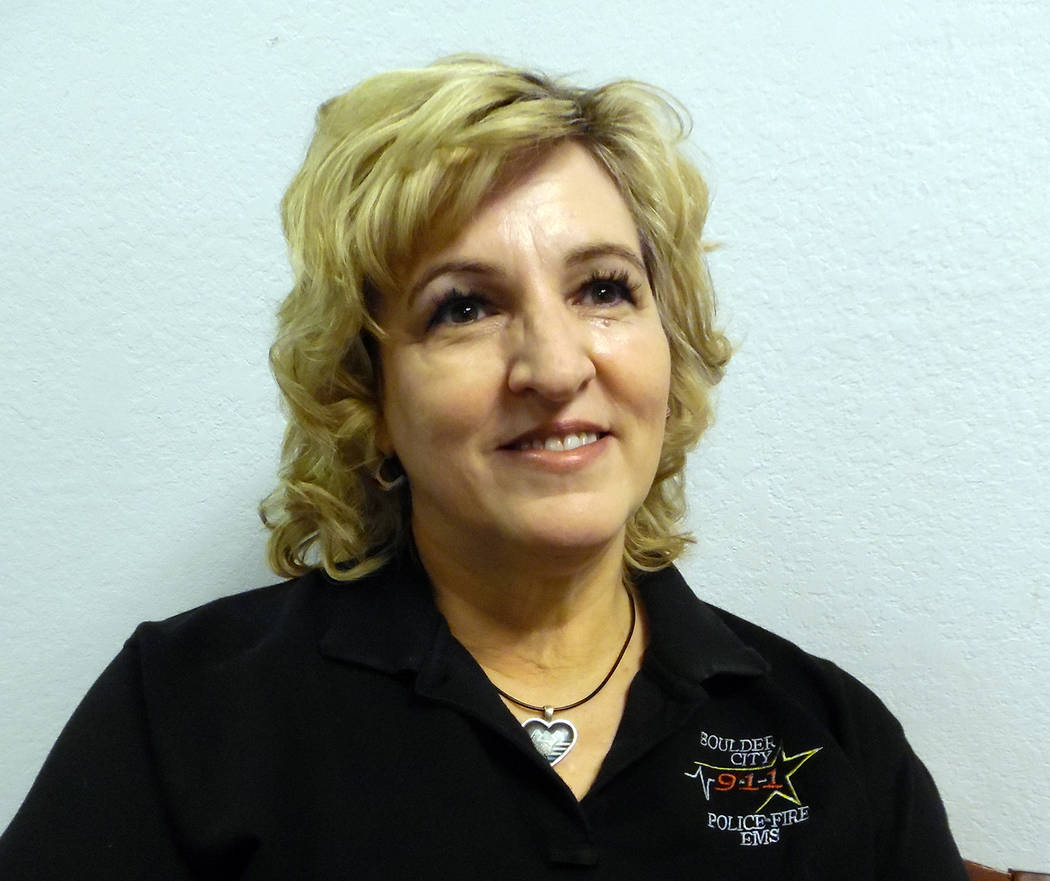Avoid identity theft: Be careful with personal information
I hope that all my readers are enjoying a healthy and happy holiday season and ask your indulgence as I take a short break from my regularly scheduled column to enjoy a little rest and relaxation time, as well. I have included a bit of information I thought you might find useful. Let’s all be safe out there.
Identity theft is a crime where a criminal assumes someone else’s identity for profit. It is becoming increasingly common in developed countries, especially the U.S.
There is a multitude of ways your identity can be stolen including from bank statements, discarded credit card and ATM receipts, falsely obtained credit reports, preapproved credit card applications, stolen mail, theft of a wallet or purse, credit cards, Social Security card, birth certificate, passport and websites.
There are multiple ways you can protect yourself from identity theft. Be sure to shred sensitive documents with a personal shredder. Shredders with diamond cuts are best. Don’t give personal information over the phone.
Do not routinely carry your Social Security card or birth certificate in your wallet or purse. Disclose your Social Security number only when absolutely necessary. Change your driver’s license number to a randomly assigned “S” number. Contact card carriers (such as health insurance) who use your Social Security number as identification and ask if they can use a different identification number. Carry only those credit cards you use regularly and cancel all unused credit cards.
Keep an accurate list of all credit cards and bank accounts including name, mailing address and telephone number of creditor, the account number and expiration date. Update the list regularly and keep it in a secure place. Closely review all credit card statements each month to detect unusual activity or unauthorized charges.
Destroy preapproved credit card solicitations, contact all three major credit-reporting bureaus in writing and opt out of prescreening lists.
Do not use your year of birth or other easily identifiable code as a password or PIN for credit cards or ATMs. Do not allow others to closely view you as you enter your password or PIN.
Destroy all credit card and ATM receipts; do not discard them in banks or retail establishments. If you suspect your mail is being stolen or tampered with, contact your local post office or postal inspector. Never give your PIN out to someone over the telephone, even if they say that they work for the bank or financial company in question.
Use encryption software when transferring personal identifying information over the internet. Be very cautious about sending personal identifying information over the internet.
Be careful using the internet for private communication (including shopping) on computers that are in public locations or used by other people. On a public computer, other people might be able to view what you’ve been browsing or even retrieve your personal details after you have finished. People you don’t know could simply be watching over your shoulder. The computer could have a keystroke logger, which is a program that records what you type.
Use a combination of words, letters and symbols in your passwords. Try to use at least 16 characters in a “pass phrase,” i.e. a sentence rather than a word, to make it hard for someone to crack your password with the help of a computer program. An example could be “I_walk_the_dog_at_4.” Come up with a password and then test it on Microsoft’s password checker.
Tina Ransom is a dispatcher with Boulder City Police Department. She is coordinator of the Boulder City Citizen’s Academy.
















